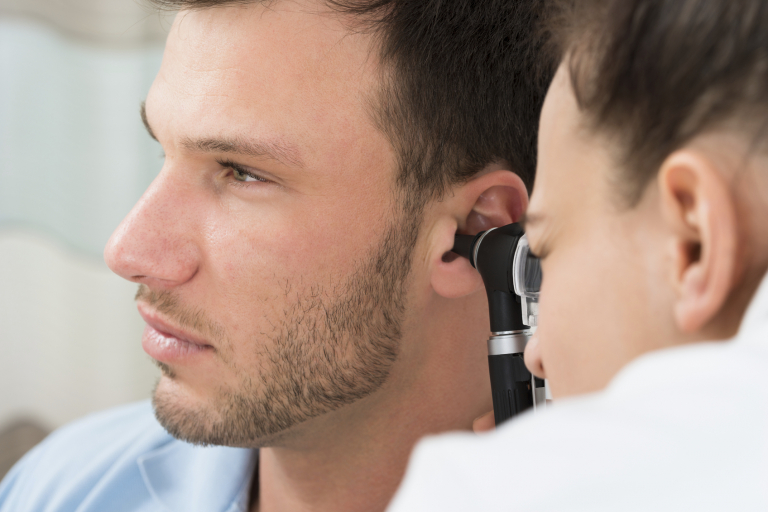World Hearing Day 2017: Science-backed ways to prevent hearing loss

World Hearing Day could be a good time to think about how to preserve your own hearing health. Image: AndreyPopov/istockphoto.com via AFP Relaxnews
With March 3 marking World Hearing Day, the focus around the globe is on hearing loss and how it can affect us all, along with how to prevent it.
Here we round up what recent scientific research suggests to help us preserve our hearing health.
Think positively about aging
The results of a 2015 Canadian study suggested that when older adults feel negatively about aging, these feelings can have a negative impact on their hearing and also memory.
After looking at participants’ views on aging, their own perceptions of their memory and hearing abilities, and their actual memory and hearing performance, the team found that negative views on getting older were linked with a poor performance in memory and hearing tests.
The team suggested that a negative view can impact an individual’s confidence in their ability to function, and concluded that, “Knowing that changing how older adults feel about themselves could improve their abilities to hear and remember will enable the development of interventions to improve their quality of life.”
Turn down the volume
A 2015 study carried out by a leading Canadian researcher cautioned young people on the dangers of loud music.
After looking at early hearing damage in young people aged 11 to 17 year old, the results showed that by engaging in “risky listening habits”, such as going to parties, clubs and listening to loud music on personal listening devices, more than a quarter (28 percent) were already experiencing persistent tinnitus, a ringing or buzzing in the ears that more commonly affects those over 50.
Those who experienced persistent tinnitus were more likely to have a significantly reduced tolerance for loud noise, a sign of hidden damage to the nerves that are used to transmit sounds to the brain. And with even brief and temporary tinnitus as an early warning sign of hidden damage, turning down the volume is one way to help prevent hearing loss.
Drink coffee
A 2014 study conducted at Brigham and Women’s Hospital in Boston found that drinking coffee could reduce the risk of tinnitus.
After following 65,085 female participants for 18 years, the researchers found that compared with women whose caffeine intake was less than 150 mg/d (equal to one 8-ounce cup of coffee), those who consumed 450 mg/d or more had a lower risk of developing the condition.
Eat more fish
Another study from Brigham and Women’s Hospital found in a 2014 study that two or more servings of fish per week could lower women’s risk of acquired hearing loss.
The large cohort study, which looked at a total 65,215 women, showed that women who consumed any type of fish—tuna, dark fish, light fish, or shellfish—at least twice a week showed a 20 percent lower risk of hearing loss than the women who seldom ate fish.
The team commented that although a decline in hearing is often considered an inevitable aspect of aging, their findings suggest that diet may be one way of helping prevent a decline. JB